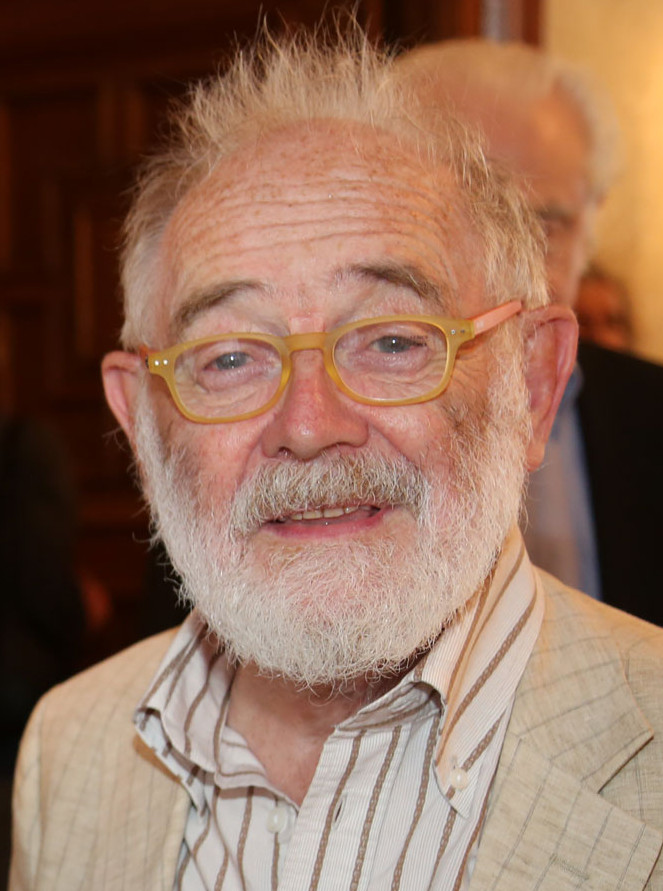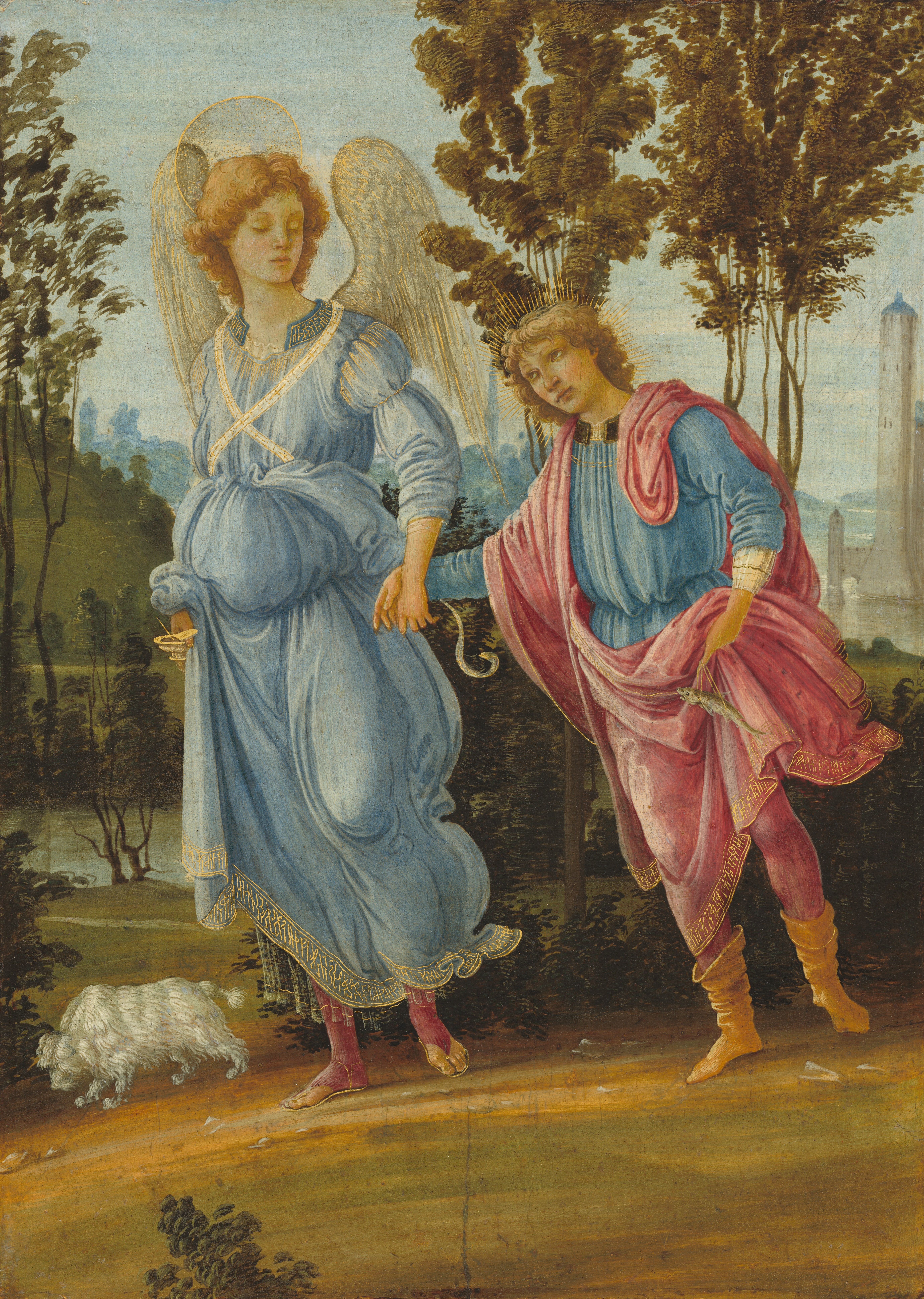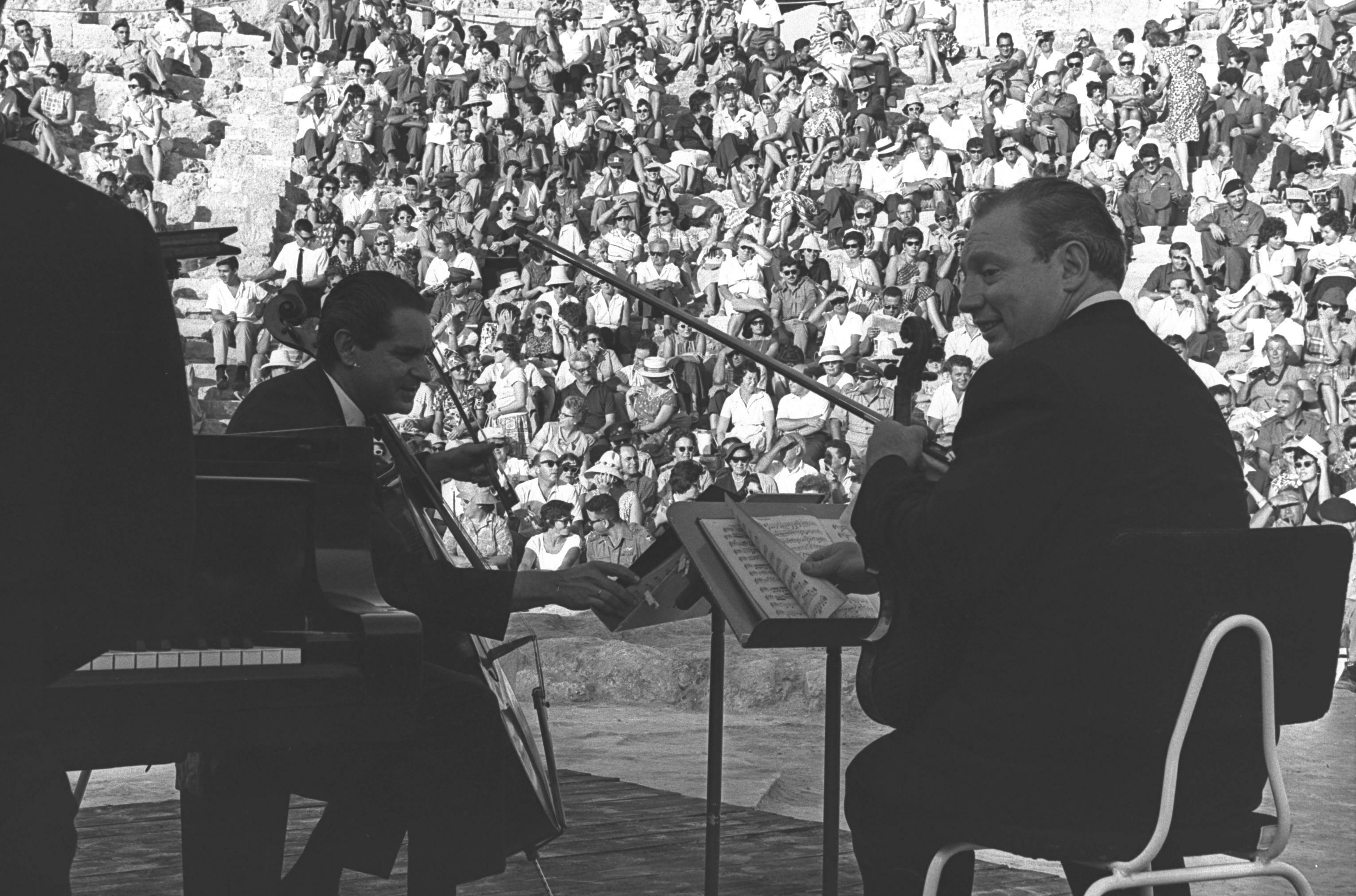|
ALEA Ensemble
The ALEA Ensemble is a chamber music ensemble founded in 1988 in Graz for contemporary music, playing in variable formation including the ALEA Quartet. History The ensemble was founded in 1988 by composer and conductor Gerhard Präsent and his wife, violinist Sigrid Präsent.Alea Quartett music information center austria The name is derived from the composition style, but can also be applied for variable combination of instruments for different works, such as the ALEA Quartet. The ensemble performs , frequently in combination with traditional repertory. They played an ... [...More Info...] [...Related Items...] OR: [Wikipedia] [Google] [Baidu] |
Contemporary Music
Contemporary classical music is classical music composed close to the present day. At the beginning of the 21st century, it commonly referred to the post-1945 modern forms of post-tonal music after the death of Anton Webern, and included serial music, electronic music, experimental music, and minimalist music. Newer forms of music include spectral music, and post-minimalism. History Background At the beginning of the twentieth century, composers of classical music were experimenting with an increasingly dissonant pitch language, which sometimes yielded atonal pieces. Following World War I, as a backlash against what they saw as the increasingly exaggerated gestures and formlessness of late Romanticism, certain composers adopted a neoclassic style, which sought to recapture the balanced forms and clearly perceptible thematic processes of earlier styles (see also New Objectivity and Social Realism). After World War II, modernist composers sought to achieve greater levels o ... [...More Info...] [...Related Items...] OR: [Wikipedia] [Google] [Baidu] |
London
London is the capital and largest city of England and the United Kingdom, with a population of just under 9 million. It stands on the River Thames in south-east England at the head of a estuary down to the North Sea, and has been a major settlement for two millennia. The City of London, its ancient core and financial centre, was founded by the Romans as '' Londinium'' and retains its medieval boundaries.See also: Independent city § National capitals The City of Westminster, to the west of the City of London, has for centuries hosted the national government and parliament. Since the 19th century, the name "London" has also referred to the metropolis around this core, historically split between the counties of Middlesex, Essex, Surrey, Kent, and Hertfordshire, which largely comprises Greater London, governed by the Greater London Authority.The Greater London Authority consists of the Mayor of London and the London Assembly. The London Mayor is distinguished fr ... [...More Info...] [...Related Items...] OR: [Wikipedia] [Google] [Baidu] |
Gustav Mahler
Gustav Mahler (; 7 July 1860 – 18 May 1911) was an Austro-Bohemian Romantic composer, and one of the leading conductors of his generation. As a composer he acted as a bridge between the 19th-century Austro-German tradition and the modernism of the early 20th century. While in his lifetime his status as a conductor was established beyond question, his own music gained wide popularity only after periods of relative neglect, which included a ban on its performance in much of Europe during the Nazi era. After 1945 his compositions were rediscovered by a new generation of listeners; Mahler then became one of the most frequently performed and recorded of all composers, a position he has sustained into the 21st century. Born in Bohemia (then part of the Austrian Empire) to Jewish parents of humble origins, the German-speaking Mahler displayed his musical gifts at an early age. After graduating from the Vienna Conservatory in 1878, he held a succession of conducting posts of rising ... [...More Info...] [...Related Items...] OR: [Wikipedia] [Google] [Baidu] |
Kurt Schwertsik
Kurt Schwertsik (born 25 June 1935) is an Austrian contemporary composer. He is known for creating the "Third Viennese School" and spreading contemporary classical music. Life Schwertsik was born in Vienna. A pupil of Joseph Marx and Karl Schiske at the Academy of Music, he later studied with Karlheinz Stockhausen in Cologne and Darmstadt. In 1958 he founded the ensemble "die reihe" with fellow composer and conductor Friedrich Cerha (famous for finishing the opera ''Lulu'', by Alban Berg) and later, in 1968, the ensemble "MOB art & tone ART" with Otto Matthäus Zykan and Heinz Karl Gruber. He served as hornist of the Vienna Symphony Orchestra (from 1968) while teaching Composition at the Konservatorium Wien (from 1979). Between 1989 and 2004 he was Professor of Composition at the Vienna Musikhochschule (Academy of Music, when he was studying there, now called University of Music and Performing Arts, Vienna). His works are characterised by his particular exploration of tonality an ... [...More Info...] [...Related Items...] OR: [Wikipedia] [Google] [Baidu] |
Mohamed Abdelwahab Abdelfattah
Mohamed Abdelwahab Abdelfattah ( ar, محمد عبدالوهاب عبدالفتاح; born 1962) is an Egyptian composer of contemporary classical music and educator. He is a member of Egypt's third generation of classical composers. Biography Abdelfattah was born in Giza. He graduated with a B.A. degree from the College of Applied Arts of Helwan University, Orman campus in Egypt and went on to attain second and third B.A. degrees from the Faculty of Composition and Department of Ear Training ( Solfege) at the same year 1986, from the Cairo Conservatoire, with "excellent honors". In Egypt he studied composition under Gamal Abdel-Rahim, music history under Samha El-Kholy, harmony under Awatef Abdel Karim, counterpoint under Laiela El-Saiyad, instrumentation under Gihad Dawoud, orchestration under Youssef Elsisi, score reading under Gamal Salama, Schenkerian analysis under Ahmed El-Saedi, music education under Ikram Matter and solfege under Aiyda Danial. Abdelfattah was appointe ... [...More Info...] [...Related Items...] OR: [Wikipedia] [Google] [Baidu] |
Wolfgang Stangl
Wolfgang is a German male given name traditionally popular in Germany, Austria and Switzerland. The name is a combination of the Old High German words ''wolf'', meaning "wolf", and ''gang'', meaning "path", "journey", "travel". Besides the regular "wolf", the first element also occurs in Old High German as the combining form "-olf". The earliest reference of the name being used was in the 8th century. The name was also attested as "Vulfgang" in the Reichenauer Verbrüderungsbuch in the 9th century. The earliest recorded famous bearer of the name was a tenth-century Saint Wolfgang of Regensburg. Due to the lack of conflict with the pagan reference in the name with Catholicism, it is likely a much more ancient name whose meaning had already been lost by the tenth century. Grimm (''Teutonic Mythology'' p. 1093) interpreted the name as that of a hero in front of whom walks the "wolf of victory". A Latin gloss by Arnold of St Emmeram interprets the name as ''Lupambulus''.E. Förs ... [...More Info...] [...Related Items...] OR: [Wikipedia] [Google] [Baidu] |
Tobias Stosiek
Tobias is the transliteration of the Greek which is a translation of the Hebrew biblical name he, טוֹבִיה, Toviyah, JahGod is good, label=none. With the biblical Book of Tobias being present in the Deuterocanon/Apocrypha of the Bible, Tobias is a popular male given name for both Christians and Jews in English-speaking countries, German-speaking countries, the Low Countries, and Scandinavian countries. In English-speaking countries, it is often shortened to Toby. In German, this name appears as Tobias or Tobi; in French as Tobie; and in Swedish as Tobias or Tobbe. Tobias has also been a surname. In other languages * Danish, Norwegian, German, Dutch, Swedish, Portuguese: Tobias * Amharic: ጦቢያ (T’obīya) * Catalan: Tobies * Czech: Tobiáš, Tobias * Croatian: Tobijaš * Finnish: Topias, Topi * French: Tobie * Greek: Τωβίας ''(Tobías)'' * Hebrew: Tovia, Tuvya * Hungarian: Tóbiás * Italian: Tobia (name) * Lithuanian: Tobijas * Polish: Tobiasz * Russian: ... [...More Info...] [...Related Items...] OR: [Wikipedia] [Google] [Baidu] |
Sigrid Präsent
Sigrid is a Scandinavian given name for women from Old Norse ''Sigríðr'', composed of the elements ''sigr'' "victory" and ''fríðr'' "beautiful". Common short forms include Siri, Sigga, Sig, and Sigi. An Estonian and Finnish variant is Siiri. The Latvian version of the name is Zigrīda. People * Sigrid (singer), Norwegian singer * Princess Sigrid of Sweden, Swedish princess * Sigrid Alegría, Chilean actress * Sigrid Alexandersen (born 1995), Norwegian orienteer * Sigrid Agren, French fashion model * Sigrid Banér, Swedish letter writer * Sigrid Björkegren (1845 – 1936), Swedish entrepreneur * Sigrid Borge (born 1995), Norwegian javelin thrower * Sigrid Brahe, Swedish countess * Sigrid Brattabø Handegard (born 1963), Norwegian politician * Sigrid D. Peyerimhoff, a German chemist * Sigrid Elmblad (1860 – 1926), a Swedish journalist and poet * Sigrid Eskilsdotter (Banér), a Swedish noble * Sigrid Fick, a Swedish tennis player * Sigrid af Forselles (1860—1935), ... [...More Info...] [...Related Items...] OR: [Wikipedia] [Google] [Baidu] |
Graham Waterhouse
Graham Waterhouse (born 2 November 1962) is an English composer and cellist who specializes in chamber music. He has composed a cello concerto, ''Three Pieces for Solo Cello'' and ''Variations for Cello Solo'' for his own instrument, and string quartets and compositions that juxtapose a quartet with a solo instrument, including Piccolo Quintet, Bassoon Quintet and the piano quintet '' Rhapsodie Macabre''. He has set poetry for speaking voice and cello, such as ''Der Handschuh'', and has written song cycles. His compositions reflect the individual capacity and character of players and instruments, from the piccolo to the contrabassoon. Since 1998, Waterhouse has organised a concert series at the Gasteig in Munich, often playing with members of the Munich Philharmonic. His works have been performed internationally and several have been recorded. He has been awarded prizes for several of his compositions, and has been composer in residence at institutions in European countries. H ... [...More Info...] [...Related Items...] OR: [Wikipedia] [Google] [Baidu] |
Piano Trio
A piano trio is a group of piano and two other instruments, usually a violin and a cello, or a piece of music written for such a group. It is one of the most common forms found in classical chamber music. The term can also refer to a group of musicians who regularly play this repertoire together; for a number of well-known piano trios, see below. The term "piano trio" is also used for jazz trios, where it most commonly designates a pianist accompanied by bass and drums, though guitar or saxophone may figure as well. Form Works titled "Piano Trio" tend to be in the same overall shape as a sonata. Initially this was in the three movement form, though some of Haydn's have two movements. Mozart, in five late works, is generally credited with transforming the accompanied keyboard sonata, in which the essentially optional cello doubles the bass of the keyboard left hand, into the balanced trio which has since been a central form of chamber music. With the early 19th century, particular ... [...More Info...] [...Related Items...] OR: [Wikipedia] [Google] [Baidu] |
Bayerischer Rundfunk
Bayerischer Rundfunk (BR; "Bavarian Broadcasting") is a public-service radio and television broadcaster, based in Munich, capital city of the Free State of Bavaria in Germany. BR is a member organization of the ARD consortium of public broadcasters in Germany. History Bayerischer Rundfunk was founded in Munich in 1922 as Deutsche Stunde in Bayern. It aired its first program on 30 March 1924. The first broadcasts consisted mainly of time announcements, news, weather and stock market reports, and music. Programming expanded to include radio plays, concerts, programs for women, language courses, chess, opera, radio, news, and Catholic and Protestant morning services. Its new 1929 studio was designed by Richard Riemerschmid. Deutsche Stunde in Bayern became Bayerischer Rundfunk in 1931. In 1933, shortly after the Nazi seizure of power, the station was put under the control of the Reich Ministry of Public Enlightenment and Propaganda. After the Allied victory over Nazi Germany, t ... [...More Info...] [...Related Items...] OR: [Wikipedia] [Google] [Baidu] |




